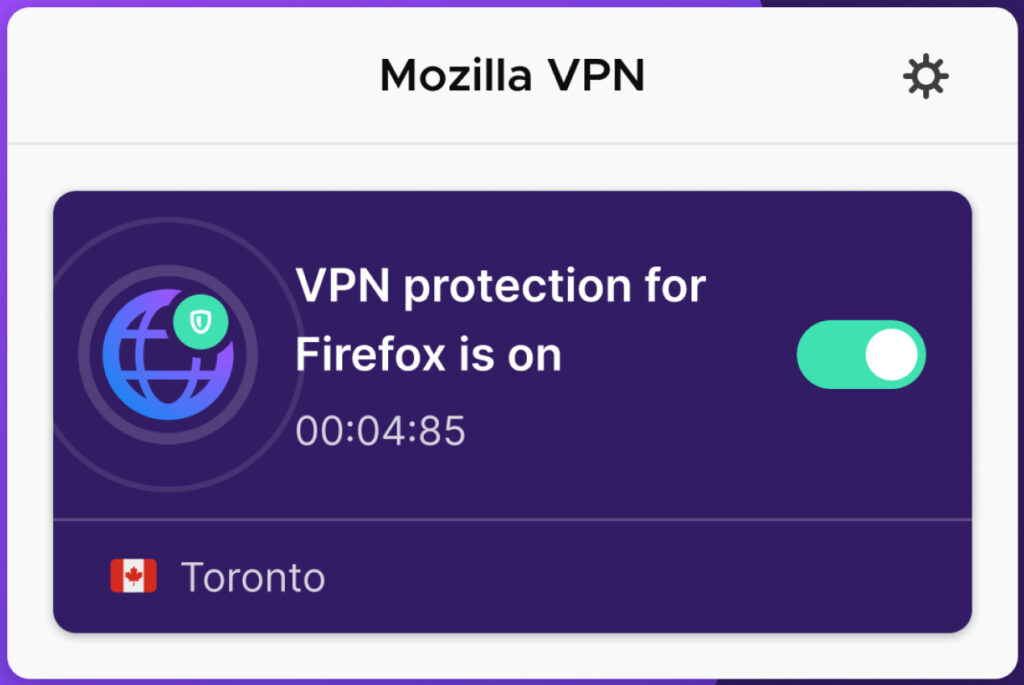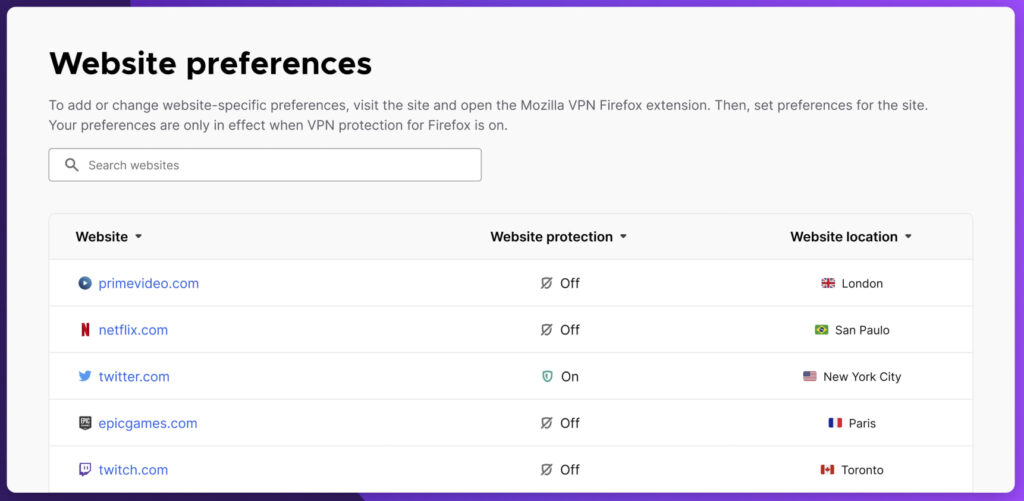
Mozilla has introduced a new Firefox VPN extension for Windows that allows users to selectively apply VPN protection on a per-site basis and assign different locations to different websites — addressing long-standing frustrations with the rigid, all-or-nothing approach of traditional VPNs.
The release was announced yesterday by Santiago Andrigo, Mozilla VPN’s product manager, who explained the rationale behind the extension: while VPNs are vital for securing user activity and masking location, they often come at the cost of convenience. This latest tool aims to give users greater flexibility, particularly for scenarios where websites block VPN traffic, trigger repeated CAPTCHAs, or restrict access based on perceived location anomalies.

According to Andrigo, Mozilla developed the extension after receiving consistent feedback from VPN users about two pain points: the inability to easily access certain services without fully disabling VPN protection, and the lack of granularity in choosing locations per site. The Firefox-based extension solves both by allowing:
- Selective VPN bypass, where users can whitelist domains that should not be routed through the VPN.
- Per-site location settings, letting users simulate browsing from different regions simultaneously in separate tabs or sessions.
These features are aimed at users who frequently switch between global content — such as reading domestic news while accessing region-locked entertainment or banking services abroad — without compromising on privacy elsewhere in their browsing.

The Mozilla VPN extension is currently available only on Windows and requires both the Mozilla VPN desktop application and an active subscription. It integrates directly into Firefox and is designed to persist user preferences across sessions, avoiding the need for repeated configuration. A visual indicator in the browser’s address bar informs users when a site is exempt from VPN protection.
Mozilla VPN, launched in 2020, is Mozilla’s commercial privacy service built on the WireGuard protocol and operated in partnership with Swedish security firm Mullvad. While smaller in user base compared to competitors like NordVPN or ExpressVPN, Mozilla’s offering differentiates itself through strong privacy guarantees, including a strict no-logs policy and open-source transparency. The service currently supports over 500 server locations across more than 30 countries and offers multi-device support.
As of this writing, the Firefox extension has just under 14,000 users and holds a moderate 3.6-star rating based on 59 reviews on Mozilla’s add-ons portal, reflecting both excitement about its new features and some early feedback on reliability and ease of use. Mozilla has indicated that it is actively refining the extension’s performance and plans to expand availability to macOS and Linux in the near future.







Leave a Reply